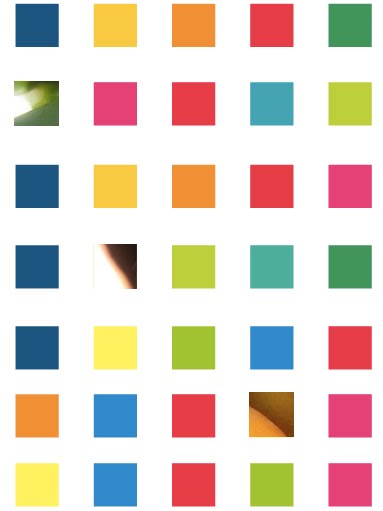
This map is the enlarged version of the first one, where I elaborate on the branch about time and visualization.
[> time/planning analysis : how people visualize time in their minds, questionnaire/icastic drawings collection >personal visualization: chandler project, daytum, feltron eight, count the lenght of email in personal mail account and professional ones, see in both how many times there's a replay]I've found myself fascinated by the id
ea that our mental visualization of things, specially abstract things like time, has to be different for each of us. Of course it should be connected with common visualizations and environments, for sure it has something to do with what we are used to see as the visualization of the object in question, but it must be also very unique since it's something we never really share or communicate with others.

I didn't find much about the issue yet, apparently it is something connected with cognitive psychology (I'll try to dig in the book
"Visuo-spatial working memory and individual differences" by Cesare Cornoldi and Tomaso Vecchi), but this
collection of drawings from people trying to express their inner idea of time is amazingly surprising.
"La Stampa" Imagery: we can see without eyes The research about the brain function of imagery has developed just recently, and it mainly focuses on whether this activity, that is often explained using words that are connected with the eyesight, is actually connected with visual perception or can be treated as a function by itself, more related to memory processes of inner reconstruction.
Studying the relation between the sight and imagery, and imagery in blind from the birth people, it seems possible that our ability to see is actually not necessary for mental images.










